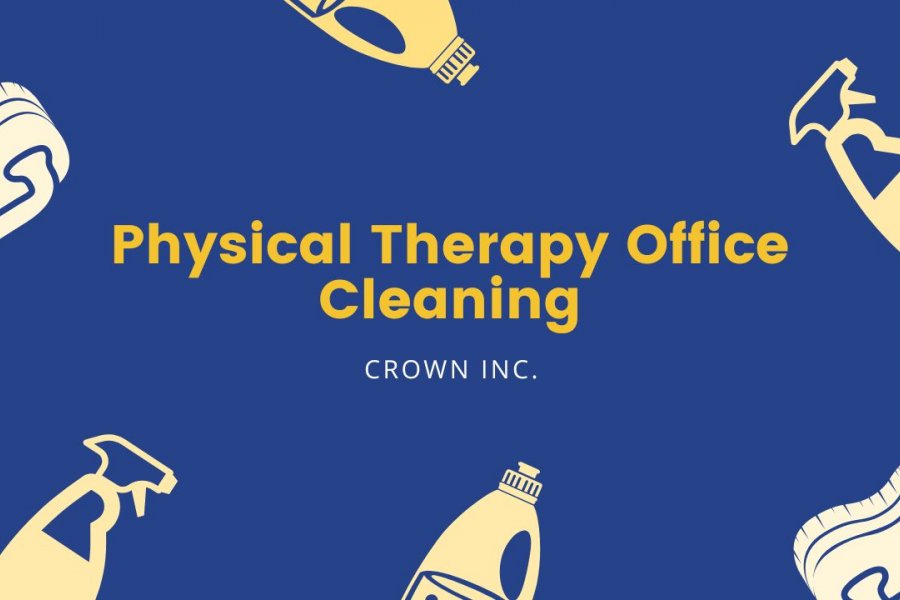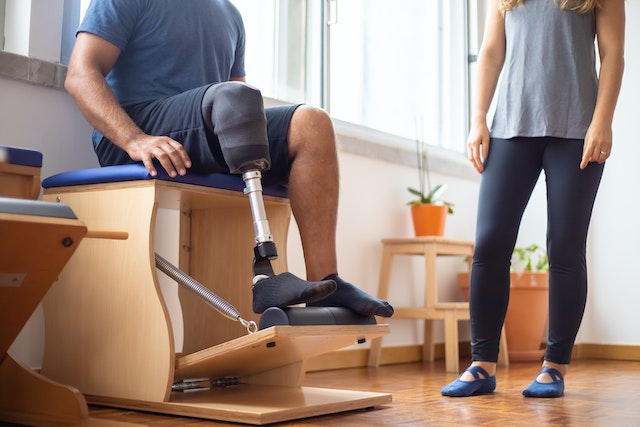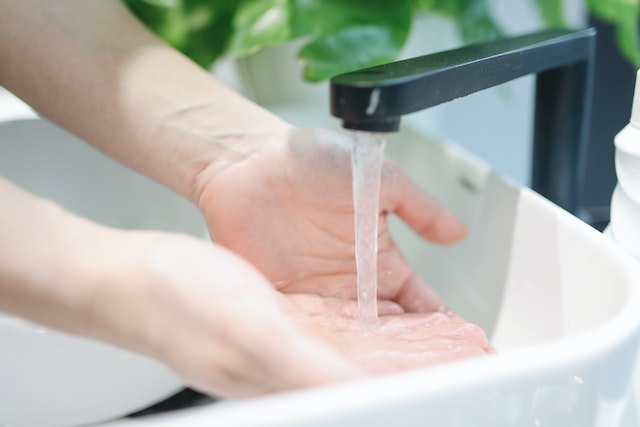
Physical therapy is an essential aspect of healthcare that aims to improve the quality of life of individuals suffering from various conditions. Physical therapy helps to reduce pain, restore mobility, and increase strength and flexibility.
However, it is essential to ensure proper hygiene when practicing physical therapy to avoid the risk of infection, both for your patients’ well-being and yours.
Why Proper Hygiene is Important in the Practice of Physical Therapy
Hygiene refers to the practice of maintaining cleanliness to prevent the spread of diseases. It involves keeping the body and the environment clean to reduce the risk of infections. Good hygiene practices play a critical role in physical therapy, especially during rehabilitation sessions.
1. To avoid the spread of viruses and bacteria that may cause disease
During physical therapy sessions, patients may sweat, and their bodily fluids may come into contact with equipment and surfaces. In addition, patients may have open wounds or cuts, making them more susceptible to infections. Proper hygiene practices can help reduce the risk of infections and prevent the spread of viruses, bacteria, and other disease-causing microorganisms.
Physical therapists should practice good hygiene by ensuring that their hands are clean before and after each session. Additionally, therapists should disinfect all equipment and surfaces that patients encounter regularly.
2. To keep the physical therapists safe and healthy
Maintaining hygiene in your practice is essential not only for the well-being of your patients but also for your own safety as a physiotherapy practitioner. It is important to prioritize hygiene practices such as wearing disposable personal protective equipment (PPE), including face masks, gloves, gowns, shoe covers, and safety glasses to ensure maximum protection.

Wearing gloves and other protective gear when handling bodily fluids or working with patients who have open wounds or cuts is crucial to prevent getting infected.
3. To provide a high-quality service to your patients
The quality of a physical therapy service does not only depend on how effective the treatment is. Most patients also take into account the cleanliness of the rehab center and the equipment used during each session when evaluating the quality of a physical therapy service.
As a practitioner, it’s best to highlight the safety and hygienic measures that your clinic practices to make your patients feel comfortable.
Top Ways to Maintain Proper Hygiene in Your Physical Therapy Practice
As a physical therapy practitioner, maintaining proper hygiene in your practice is crucial to ensure your safety and those of your patients. Keeping your practice hygienic is important if you want to build a good name in the industry and make your patients feel safe and comfortable during their sessions.
It’s also recommended to use hygiene-promoting products to ensure that your clinic and your equipment are always in a good, clean, and sanitary condition.
Here are a few effective ways to keep your physical therapy center clean and hygienic:
1. Maintain hand hygiene
Thoroughly washing your hands with soap and water or using an alcohol-based hand sanitizer is the first step in maintaining good hygiene in your practice.

Make sure to wash your hands before and after treating each patient, after using the restroom, and after sneezing, coughing, or blowing your nose.
2. Always keep the face support clean
The face support on a treatment table is a crucial component that requires extra attention to maintain proper hygiene. This area often comes into contact with sweat, as well as other bodily fluids such as saliva and mucus.
These fluids have a high risk of carrying pathogens that can spread infections. Therefore, keeping the face support clean before and after use is a critical aspect of maintaining hygiene standards in your practice.
3. Disinfect other equipment and surfaces
Physical therapy equipment such as therapy balls, mats, weights, and resistance bands can be a breeding ground for moisture, germs, and bacteria. Therefore, disinfecting all equipment and surfaces after each use is critical. Use an efficient disinfectant and follow the manufacturer's instructions for proper usage.
4. Use disposable products
Using disposable products such as paper towels, pillowcases, and gowns can reduce the spread of germs between patients. For instance, towels are often used both during treatment and exercise, but instead of towels, it’s best to use disposable paper towels.
Before a patient uses a treatment table, cover it with paper towels to maintain hygiene standards and ensure a clean surface. Additionally, paper towels can be used to wipe the treatment table clean using a spray.

You can also use disposable gloves and masks when treating patients with open wounds or during aerosol-generating procedures.
5. Maintain proper airflow management
Proper airflow management in your practice can help reduce the spread of airborne pathogens, like viruses and bacteria. Ensure that the ventilation system in your rehab area is functioning correctly, and windows can be opened to allow fresh air circulation.
6. Conduct proper patient screening
Screening patients before their appointments is an effective way to prevent the spread of infectious diseases. Ask your patients if they have any flu symptoms such as fever, cough, or cold before scheduling their appointments. If patients are symptomatic, reschedule their appointments after they have fully recovered.
7. Require patients to practice good hygiene
Patients also have a critical role to play in maintaining good hygiene during physical therapy sessions. Patients should shower or bathe before attending their sessions, wear clean clothes, and avoid wearing jewelry or accessories that may interfere with therapy.
In addition, patients should notify their therapists if they have any open wounds, cuts, or contagious conditions such as colds, flu, or skin infections before they visit the center. The bathroom should also be readily available for patients to use and clean.
Bottom Line
Good hygiene practices help to reduce the risk of infections and keep both patients and physical therapists safe. It is crucial to remember that physical therapy involves close physical contact, which increases the risk of transmitting infections. Maintaining proper hygiene practices is essential to minimize the potential spread of diseases.
In addition, hiring a professional cleaning service to disinfect and deep-clean your rehab center and equipment regularly is recommended. Contact Crown Inc. for your commercial cleaning service needs.
